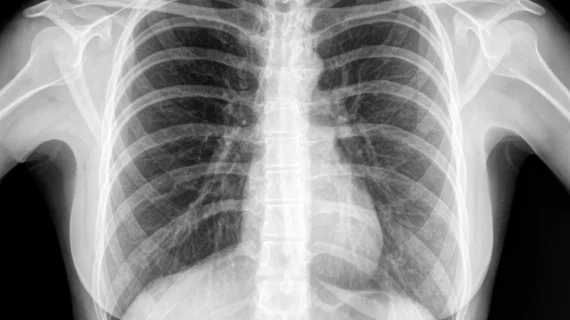Northwestern Medicine is collaborating with Dell to develop AI for reading X-rays
Technology company Dell and Northwestern Medicine have partnered to develop a large language model (LLM) for the interpretation of X-rays, with the AI already reading images and making findings.
The creation of the LLM is part of a larger collaboration between Dell’s AI Innovation Lab and Northwestern Medicine, whereby the health system is exploring ways to leverage AI to improve patient care and reduce clinician burnout. The LLM was deployed as part of a larger AI-enhanced workflow initiative and—after training itself on patient X-rays—the multimodal model is now producing draft reports to aid physicians as they make a diagnosis.
"In healthcare, there is little to no margin for error and a tremendous amount of good that can be done. When we think about what AI can do, we don't just see the technology itself, we see the many patients and lives it will positively impact," Mozziyar Etemadi, MD, medical director of advanced technologies, Northwestern Medicine, said in a statement. "Our work with Dell signifies a major step forward for the industry in directly creating and applying transformative technology solutions that directly impact patient care and improve outcomes."
Dell is supplying Northwestern Medicine with the technology necessary to improve the new AI, in hopes of developing similar models to read other radiology reports and generate predictive alerts from patient data in the EHR.

